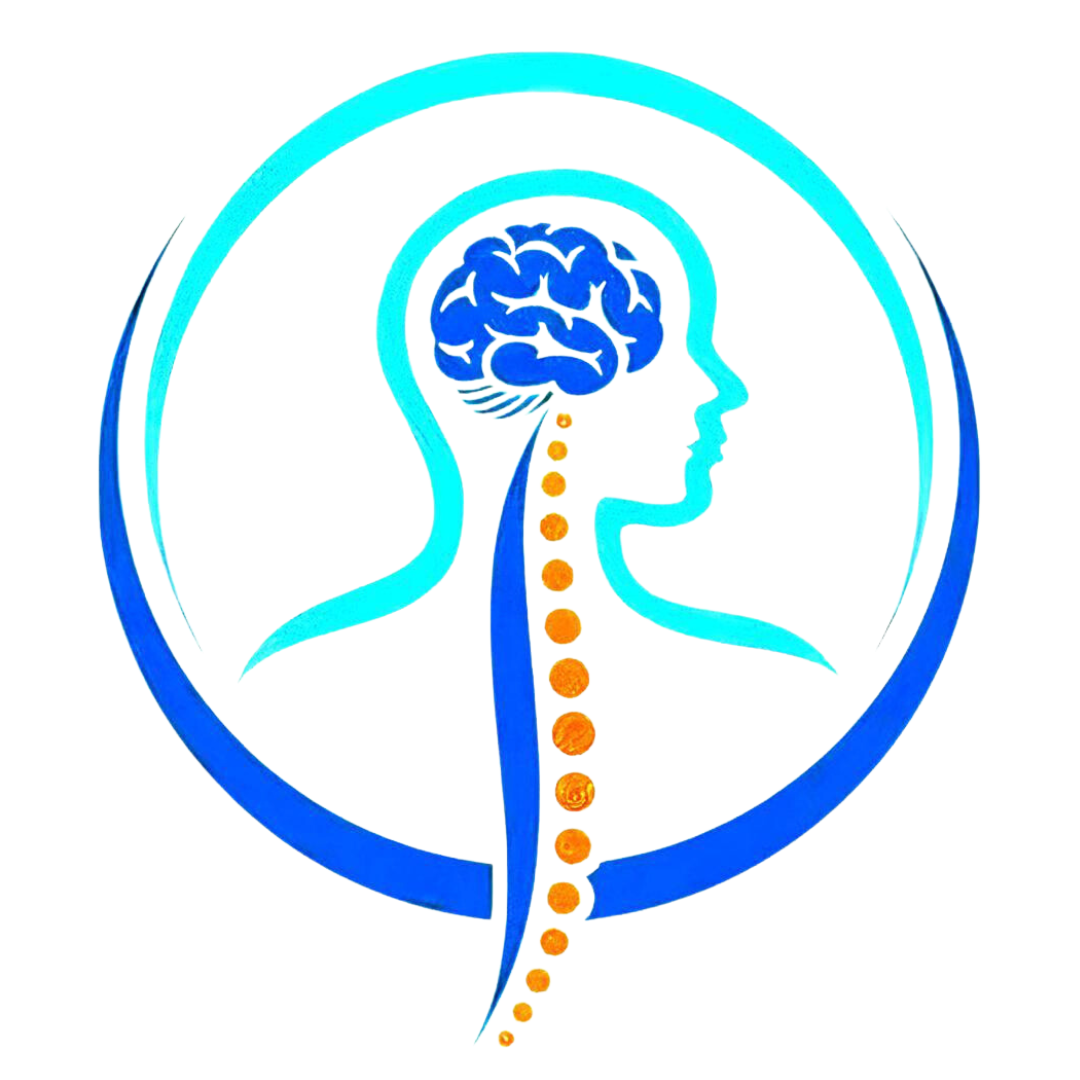Epilepsy, often colloquially referred to as "fits," is a neurological disorder characterized by
recurrent and unprovoked seizures. A seizure is a sudden and temporary disruption of normal brain
activity, resulting in changes in behavior, movement, consciousness, or sensation. The term "fits" is a
layman's term for seizures, and it's important to use accurate and respectful language when discussing
medical conditions.
Types of Seizures
Focal (Partial) Seizures: These seizures originate in a specific area of the brain and can be further categorized into simple focal seizures (where awareness is preserved) and complex focal seizures (where awareness is altered).
Generalized Seizures: These seizures involve both hemispheres of the brain from the start. They include tonic-clonic seizures (formerly known as grand mal seizures), absence seizures (formerly known as petit mal seizures), myoclonic seizures, and atonic seizures.

Causes:
- The exact cause of epilepsy varies among individuals. It can be due to genetic factors, brain injuries, brain infections, strokes, brain tumors, developmental disorders, or other neurological conditions.
- In some cases, the cause might not be identifiable.
Diagnosis:
- A diagnosis of epilepsy is typically made if a person experiences two or more unprovoked seizures that are not caused by a known medical condition.
- Diagnosis involves a comprehensive medical history, physical examination, and often, neurological tests such as electroencephalography (EEG) to record brain activity during a seizure.
Living with Epilepsy:
- With proper management and support, many people with epilepsy can lead fulfilling lives.
- Education and awareness about epilepsy are crucial to dispel misconceptions and reduce stigma.
- Seizure first aid involves ensuring the person's safety, protecting their head, and placing them on their side if possible.

Symptoms of Epilepsy
- Loss of consciousness
- Weakness
- Anxiety
- Staring
- Contraction and jerking of muscles
- Confused speech
Treatment:
- Treatment aims to control or reduce the frequency and severity of seizures.
- Antiepileptic medications are commonly prescribed to manage epilepsy. The choice of medication depends on the type of seizures, the patient's age, and overall health.
- Other treatment options include lifestyle modifications, ketogenic diet (high-fat, low-carb diet), and in some cases, surgery to remove the seizure focus or implant devices to control seizures.

